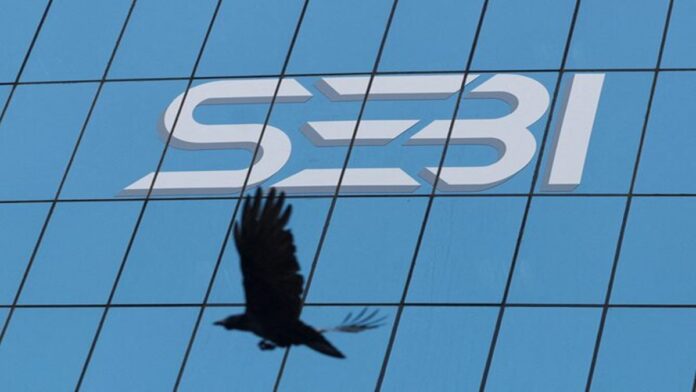Ketan Parekh, who was debarred by the Securities and Exchange Board of India (SEBI) two decades back after his conviction in the infamous stock market scam 2000, is back in the market regulator’s bad books. On Thursday, in an interim order, SEBI debarred Parekh, Singapore-based Rohit Salgaonkar and 20 other entities, besides impounding Rs 65.77 crore of wrongful gains.
Also Read‘In 2025, take the middle path through diverse investments’
According to the market regulator’s investigation Salgaonkar and Parekh used non-public information (NPI) related to trades by a major US-based fund house, managing $2.5 trillion globally referred to as the “Big Client” whose funds are registered as Foreign Portfolio Investors (FPIs) in India. SEBI’s findings indicate the alleged scheme was running for almost 2.5 years and were caught following a new alert model for identifying information-based trades.
The 189-page order issued by SEBI’ Whole-time Member Kamlesh Varshney stated, “Traders of the Big Client (a fund house where Salgaokar had close connections) were discussing with Rohit Salgaocar prior to executing trades and such information was prima facie encashed by him by sharing the same with Parekh. While the traders of the Big Client were discussing trades with Salgaocar for ensuring counter parties for their trading, Rohit Salgaocar was using that information to make illegal profits by routing information to Parekh.”
For executing the scheme, Ketan Parekh used its earlier network of Kolkata based entities.The order added that Parekh passed on this information directly or indirectly to the front runners (FRs). Salgaonkar admitted that as many as 90% of the Big Client’s orders were being fulfilled by Parekh. According to him, he received kickbacks of Rs 30 crore.
Parekh used as many as 10 phone number and through pseudonyms like “Jack,” “Jack New,” and “Boss,” received this information through WhatsApp and passed on specific trading instructions to execute the trades via his extensive network. The order also details the modus-operandi, manner of flow of information, Bloomberg and WhatsApp chats and the manner of transfer of money using Angadiyas — unofficial channels for cash transfers facilitated by individuals acting as couriers
The order further said that it further highlighted that prior to execution of suspicious trades, FRs were receiving trade instructions through WhatsApp chats or calls from a person whose contact number(s) was saved in the devices as Jack/Jack New/Jack Latest New/Boss,
» Read More


